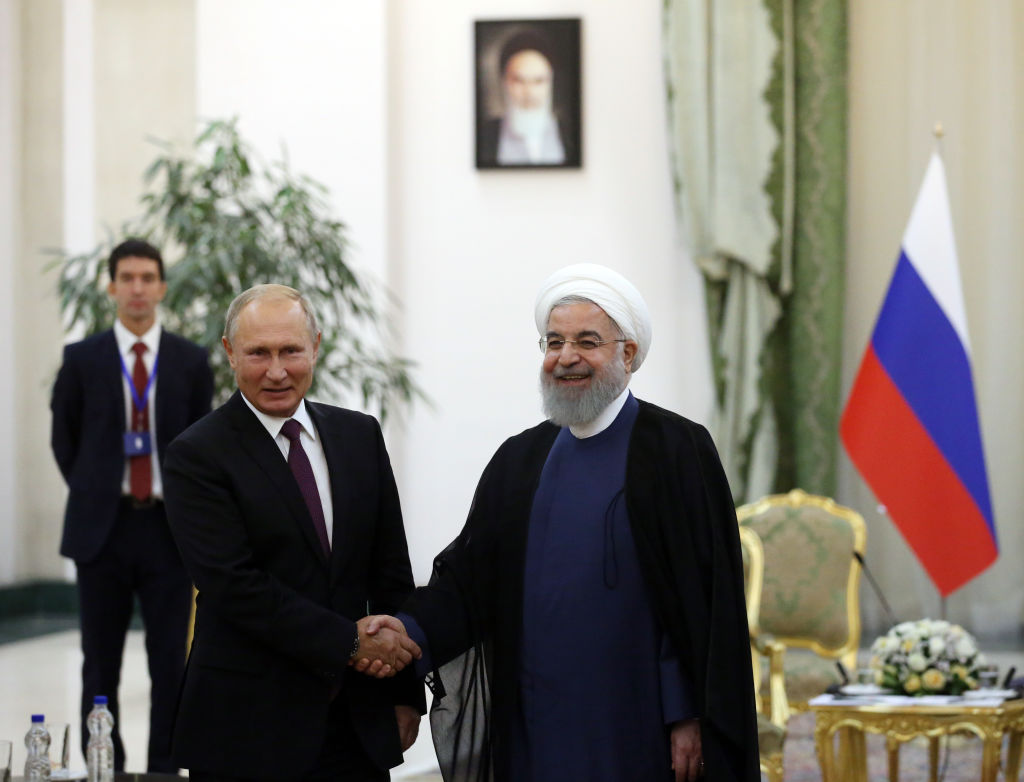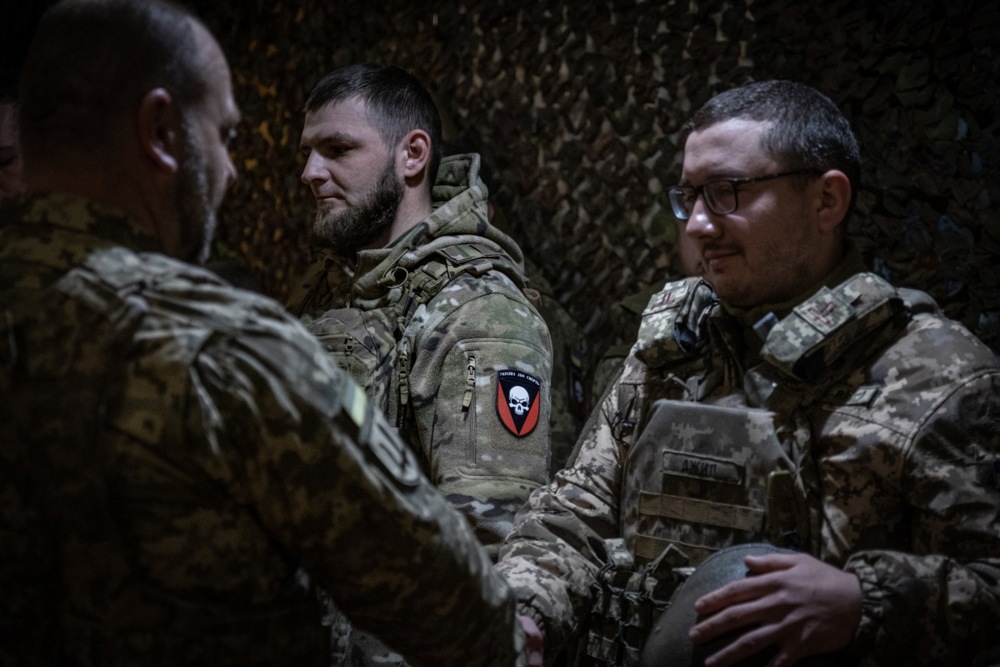It is no secret that Europe is in a woeful state and continues to decline. It has long fallen from the peak of its economic success on the eve of the Great Recession. In those glory days before 2008 the EU’s GDP was running ahead of the US by about 11 per cent and was roughly 3.5 times larger that China’s. In purchasing power parity the advantage over the Americans was even bigger, at almost 30 per cent.
It’s been downhill ever since. The fourth industrial revolution – Internet-age technologies – has passed it by: there are no European global tech giants in sight, and now there will likely never be. The Green Dementia – or is it, “Deal”? – has succeeded only in accelerating the continent’s de-industrialisation. There are, of course, some bright spots and retained areas of excellence – especially in science and research, and niche domains like space exploration. But they are too small, comparatively, to matter in the big economic picture. So today, US nominal GDP is 50 per cent higher than the EU’s, with China drawing level by this measure but outstripping Europe by over 40 per cent in PPP terms. The headline numbers tell only part of the story, though. It is Europe’s chronic structural problems – bloated welfare states, debt, energy insecurity etc – which make further decay so hard to stop.
The destruction wrought by the elites who have been governing Europe stretches well beyond economics. The EU’s foreign policy, chiefly reduced to the fanatical promotion of self-righteous “European values”, helped paved the way to the Maidan and the Ukraine war, to the empowerment of Iran (via the JCPOA) and of anti-Israel forces, and to the continuing migrant assault on European borders.
Domestically, through their increasing authoritarianism and incompetence, European establishments have brought many of their countries – especially France – to the brink of civil war. The MAGA-style populist phenomenon has been somewhat contained, but it is only growing stronger through every European Parliament electoral cycle. As the underlying political, social and economic causes of the populist surge are not changing, but only worsening, it’s not hard to imagine what lies ahead.
Defence-wise, the continent still desperately clings on to the United States to defend it. Much as it despises Donald Trump he is still Europe’s “Daddy” – as NATO chief Mark Rutte called him – because only American power can protect the tender, fragile, un-warlike and benefits-laden populations of Europe from the big bad bear to the East.
This year the EU has started to make a show of its intention to “rearm”, but the €800 billion pledged to this end by Ursula von der Leyen is nothing more than a theoretical speculation about future spending by national governments (that the EC does not control), combined with a plan for more debt which will debilitate European economies even further. As for the claimed growth upside from this, defence investment is notorious as one of the least efficient forms of capital allocation in peacetime. The fact is that no one – including Germany – is willing to make the real and hard choice of cutting welfare to pay for military expansion that alone can create a sustainable stronger defence over the long term.
This why the Commission’s new Defence Readiness Roadmap, hailed in the media as a statement of resolve for the four Flagship Initiatives it lays out – from drone defences to a “Space Shield” – will also fail to convince anyone, let alone the Russians, that the EU is serious. When it comes to the details, it admits that this is merely a “proposal”, with the EU hoping to act as a “facilitator”, and that “member states will decide on these flagships”. It is national governments who “will be the drivers of these initiatives, agreeing as they see fit on […] national budgets funds’ allocation”. The conclusion writes itself.
When all is said and done, therefore, the resulting impression of Europe’s trajectory rather dispiriting. Seen in the harsh light of its present reality, leaving aside its high rhetoric and self-imaginings, Europe is a picture of growing weakness on almost every front – not strength. No amount of European solidarity displays on part of its leaders, among themselves or with Ukraine, can disguise the continent’s frailty and insecurity.
This is what Vladimir Putin has been counting on in his increasingly aggressive policy and his provocations against Europe. Russia has its own problems, but it has established a form of psychological dominance against Europe that is fundamentally grounded in this basic perception of weakness versus strength. Overall, Europe may be much wealthier and bigger than Russia in almost every respect – even in some basic military numbers, except nuclear – but its other weaknesses mean that cannot actually translate that into hard power. This gives Moscow considerable room to press ever further.
Russian calculations, therefore, depend entirely on European leaders not possessing the political capital to mobilise the continent’s full latent power. This could only be done if an actual shooting war breaks out; until then, the notion that Europe is “at war” with Russia remains little more than a metaphor, with a bit of hybrid warfare (which doesn’t work) around the edges. No better evidence can be adduced here than Emmanuel Macron’s call for a transition to a “wartime economy”, which he first uttered as early as June 2022. It has effectively failed: No such mobilisation has been possible – and cannot be possible – for the simple reason that war is fundamentally different from peace.
In war, wartime powers come into force. Under threat of armed attack the state can suddenly do things which are unthinkable in peacetime. The economy would come under significant central control in order to scale up and orient the output to military needs. Whole industries can be directly nationalised, if need be. The soft European publics’ peacelike inclinations and resistance to military service – especially evident among the young, according to present polling – would become irrelevant: Governments could, if the situation required it, bring in the draft.
All this would take some time to come to pass. If war does break out with Russia, and if it doesn’t go nuclear – which would likely remain a measure of last resort – Europe is likely to suffer significant damage in the early stages. But Russia would have no path to victory. What is Putin going to do, drive his troops all the way to Paris? Even in the worst case scenario in which allied defences completely collapse across the Eastern Front – quite unlikely – eventually any Russian invasion force would run out of steam because of over-extension if anything else. Any Russian air bombardment campaign against Europe would likewise fail to bring a decisive outcome, as is the case even in Ukraine.
In the end, therefore, any such conflict between Russia and Europe would settle into a long, hard war of attrition. The difference with the Ukraine war would be that in this case Russia will have handed European leaders the keys for unlocking Europe’s full economic potential – through forced industrial transformation – and the unifying purpose that would very quickly pacify the continent’s internal political and social strife, as happened in 1914 everywhere.
This is where pre-war estimates usually fail: Aggressors misjudge the transformation that occurs, the new motivation and logic of resistance, the psychological change and the new possibilities this unleashes, if the target of the attack survives the initial blow. In our case, for all its current woes, Europe certainly would put up a fight at least long enough to make an extended conflict inevitable.
Putin is most certainly aware of this latent potential of European power. The paradox is, of course, that Europe cannot manifest and express it in peacetime, but only if war comes. It is an odd situation: Europe is both weak and strong at the same time, but these two states of being are not relevant at the same time. The ultimate imperative for Russian strategy is to avoid war with Europe, because it could never win it; this is why the notion – extant even before 2022 – that Putin would ever invade NATO carries little weight. But Putin cleverly plays on Europe’s own failures to actualise its power in peacetime – at least until stronger leaders will emerge on the continent, perhaps in his own mould.






Europe’s global strategy is an afterthought in this election